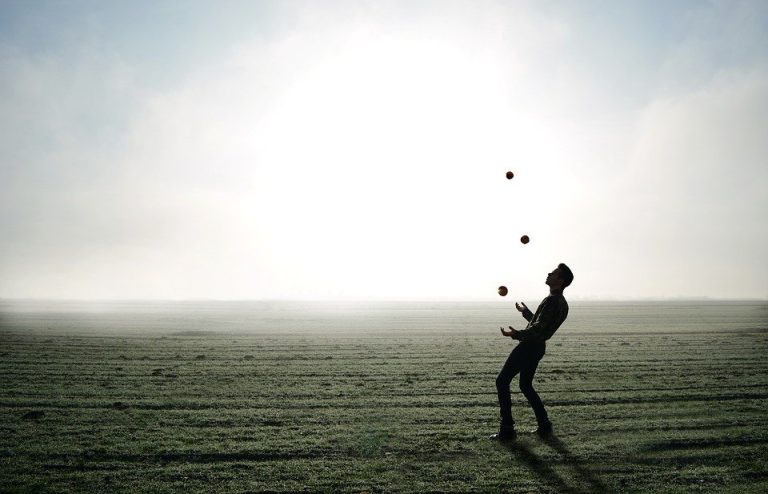Last night, I read Susan Freinkel’s marvelous new book, “Plastic”. I knew some of the people and places mentioned in the first part of the book, where she described the history of widely used products made with plastic.
It was fascinating! She recounted the stories of how various plastic articles came to be a part of our Postwar lives. Inventors, machinists, chemists, manufacturers, back-yard tinkerers, and scientists had come together, all by themselves. These unsung geniuses had, without any “help” from those who lust to control what they cannot understand, invented, manufactured, and distributed countless new kinds of products and processes that were totally unknown a decade or so previously.
Ms. Freinkel brilliantly described the savings of labor that the combination of new polymers and injection molding brought about for the benefit of all. It was fascinating to read, for instance, how tortoiseshell, once an expensive luxury item from which combs and ornaments were made, was replaced by plastic products made so inexpensively that everyone could afford them. Equally fascinating, she let us see how one man with one machine could make ten thousand plastic combs while an earlier generation, in the same eight hours, only made dozens.
The second part of the book was equally intriguing, though for different reasons. Just as plastics had created millions of jobs for people who liked to make and do things, plastics also created jobs for the kinds of people who can only complain about what their more productive contemporaries make and do. The last half of this wonderful book focused on a small battalion of Nanny’s grim-faced horde.
She interviewed any number of professional worriers. They’d built careers for themselves by obsessively, even frantically, warning people about “plastic problems”.
I was astonished by the author’s ability to interview so many bleeding hearts for so long. But, she could. And, she did. Hats off to her! Listening to that much whining and worrying, while watching all that anxious hand-wringing, would have driven a less stalwart lady right around the bend.
Imaginary problems filled their frightened minds. The sky was endlessly falling. Helpless animals were imagined to be dying in droves. Birds. Worms. Germs. No end to the slaughter! The oceans were being destroyed by slowly circling, imaginary gyres of waste. Aquifers were being polluted with resins. Children’s’ bodies were filled with deadly chemicals absorbed through the skin, mouth, eyes, ears, and nose. Every plastic was a source of death, every part of every human a gateway for the deadly dose. No hope for any of us. Especially, for “the children”. Escape was impossible for them. Each of us was cursed, like Cain, wandering while awaiting an early, painful demise, murdered by the manic monomers.
Death was all around. Destruction, too! The grim reaper carried a new scythe, injection-molded out of some new and deadly polycarbonate. It killed with its fumes what could not be skewered and sliced by its frightening blade.
If one wants to grow in understanding of the meddler’s inner nature, seeks to know the mind of the professional worrier, and to better comprehend those who spend their lives turning miniscule molehills into mighty mountains, the last part of Ms. Freinkel’s book is better than Freud.
The author is far too polite to point out bluntly that none of the nannies ever asked, “If plastic is so bad, why are life-spans longer than ever? Why did life-spans begin to increase dramatically exactly when more people began using more things made out of plastic than ever? Could it be that we are living longer, in no small part because plastics are actually good for us?” Not one nanny cared, or dared, to think that deeply. As Mark Twain is reputed to have said, “It’s hard to get a man (nanny) to see the truth (good) about something if his job depends on not seeing it.”
The nannies had a hard time finding anyone who was actually hurt by anything made out of plastic. Some admitted that food was definitely safer when protected by plastic. Some were honest enough to see that plastic bags were the best thing for storing and carrying blood, and that plastic tubes kept people alive by reliably providing medicines. Still, the urge to complain made it impossible to admit that plastic products saved lives all over the world.
Such truths were swept under the rug to appease the simple god they’d erected on the altars in their minds. No bothersome Ten Commandments for them. Not even a heavy, hard-to-move-around calf made of gold. They had but to burden themselves with mindlessly repeating a few words of faddy drivel: “We must recycle more. Plastic bags are bad. Bottles, too. Oh, how I care. I care about the earth.”
Their hare-brained “theology” was supported by rumors of the occasional puffin, penguin, pelican, or similarly bird-brained animal that couldn’t tell a small fish from the handful of plastic bottles on which a few of them were alleged to have choked. “The problems! Will there never be an end to them? ” nannies would moan, forgetting that all of what they eat, wear, and sit on originated in the death of some helpless plant or animal. Unless, of course, it was made of plastic.
There was a common denominator. The nannies whom Ms. Freinkel interviewed, (Amazingly and incredibly, while keeping a straight face!) had a hard time seeing any good in anything that didn’t make people poorer or add inconvenience to their lives. “Plastic” is a wonderful book. Susan Freinkel, rumored to be “the smartest person in San Francisco”, is a wonderful author. Recommend both. Highly.








